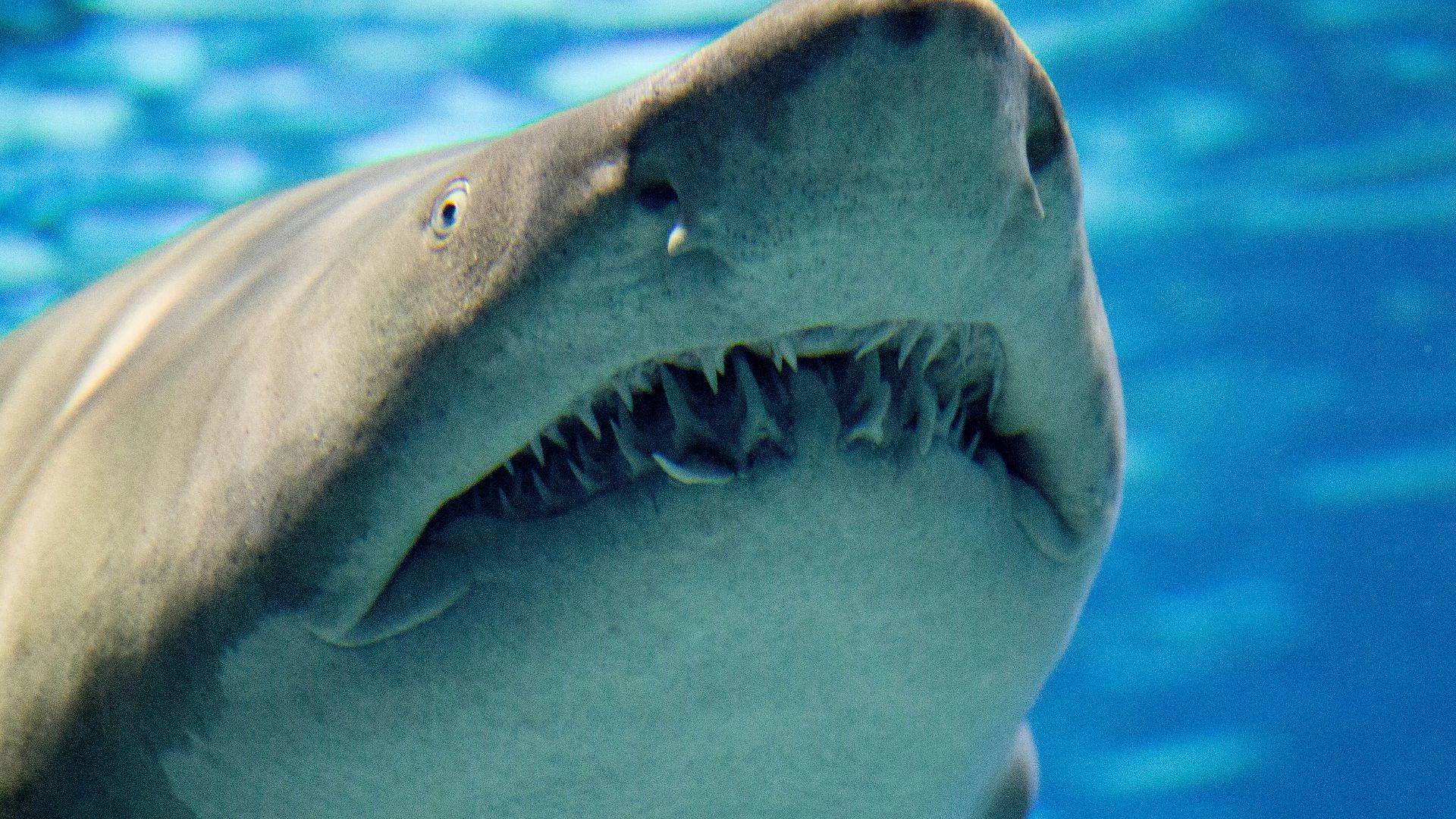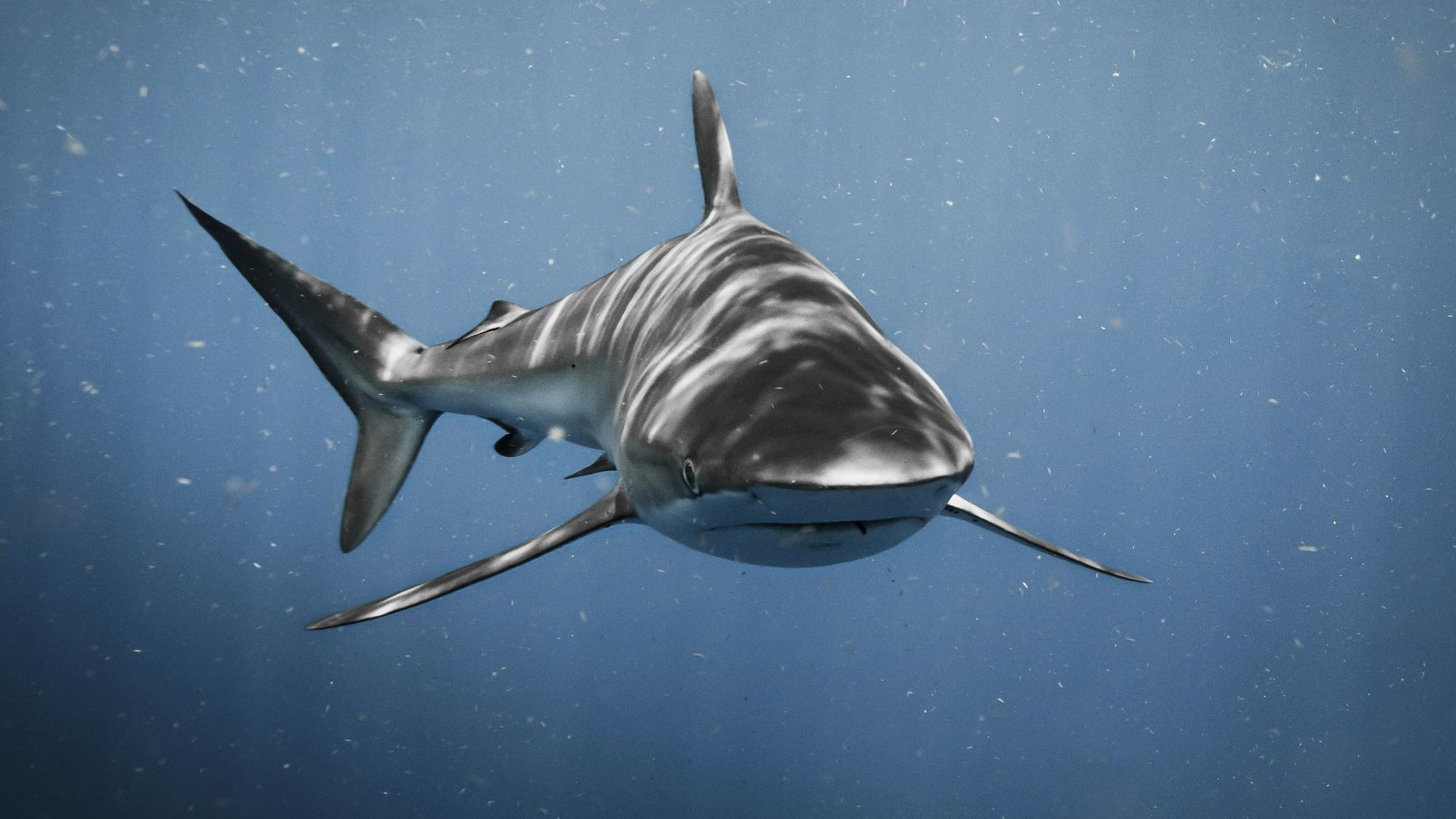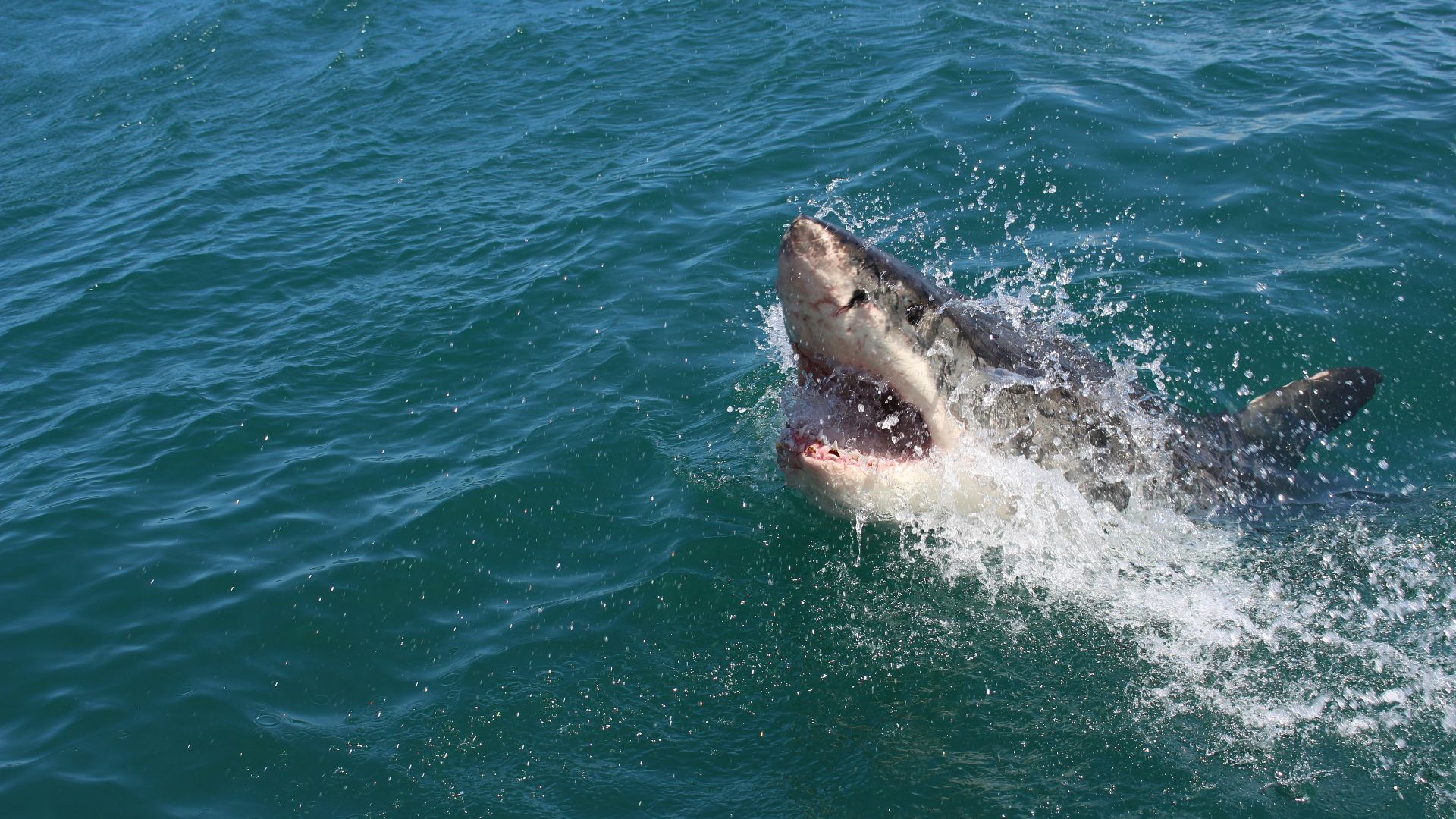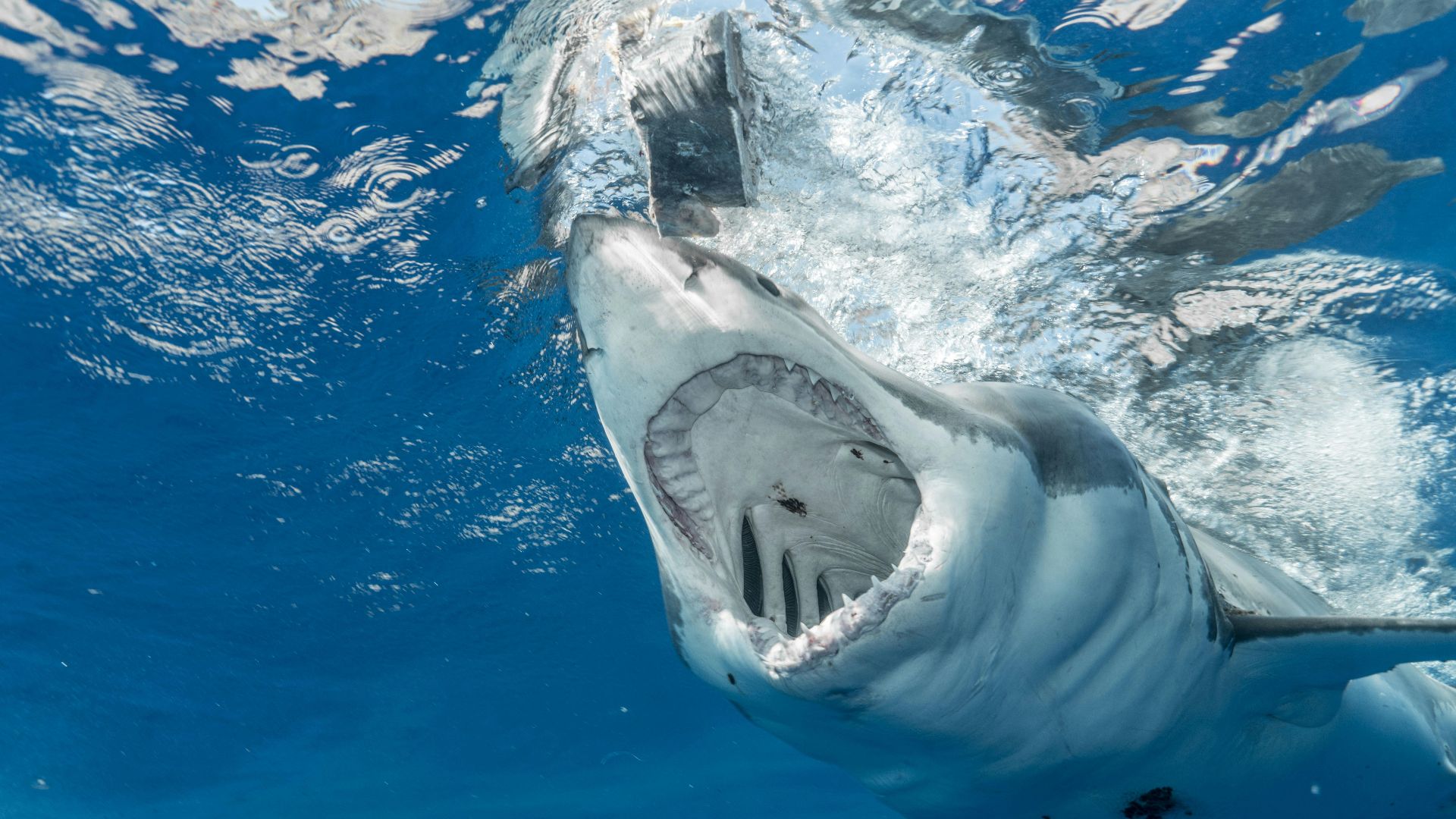Deadly Predators
If it’s not their razor-sharp teeth that send chills down your spine, it’s their speed and lightning-fast reflexes. Sharks, after all, aren't called the predators of the ocean for nothing. These deep-sea hunters are always on the lookout, and if you're not careful, you could end up as their next prey. Here are five scary facts about sharks that might make you think twice about jumping into the water.
1. Some Species Can Smell Blood from a Quarter-Mile Away
While it might be a myth that sharks can smell blood from miles away, some species can indeed sniff out the scent from a quarter-mile away. Even scarier is the fact that they can do so at extremely low concentrations, so even a small drop in an Olympic-sized swimming pool can catch their attention.
2. They Have a Lot of Teeth
Sharks have multiple rows of teeth, and, on average, have around 50 to 300 teeth arranged in neat rows inside their jaw. Depending on the species, some can lose over 3,000 teeth in their lifetime; they grow a new one every time one falls out, which can take anywhere from 24 hours to a few weeks.
3. They Can Detect Your Heartbeat
Because of the electro-sensory organs marine animals have, sharks can detect or "hear" your heartbeat underwater. So, even if you're swimming in murky waters or in dark areas, they can still sense you nearby.
4. Some Have Remarkable Speed
The fastest shark in the world is the Shortfin Mako Shark, which can reach speeds up to 46 mph (74 km/h) in bursts. The second-fastest shark species is the Great White, which can swim up to speeds of 35 mph (50 km/h).
5. They Often Bite Out of Curiosity
Because sharks don't have hands, they use their mouths to investigate and often bite out of pure curiosity rather than for predatory reasons. Yet, while that might sound a little bit relieving, shark bites are nothing to joke about. The bites themselves may often not be fatal, but they can still result in serious or life-threatening injuries from blood loss.













